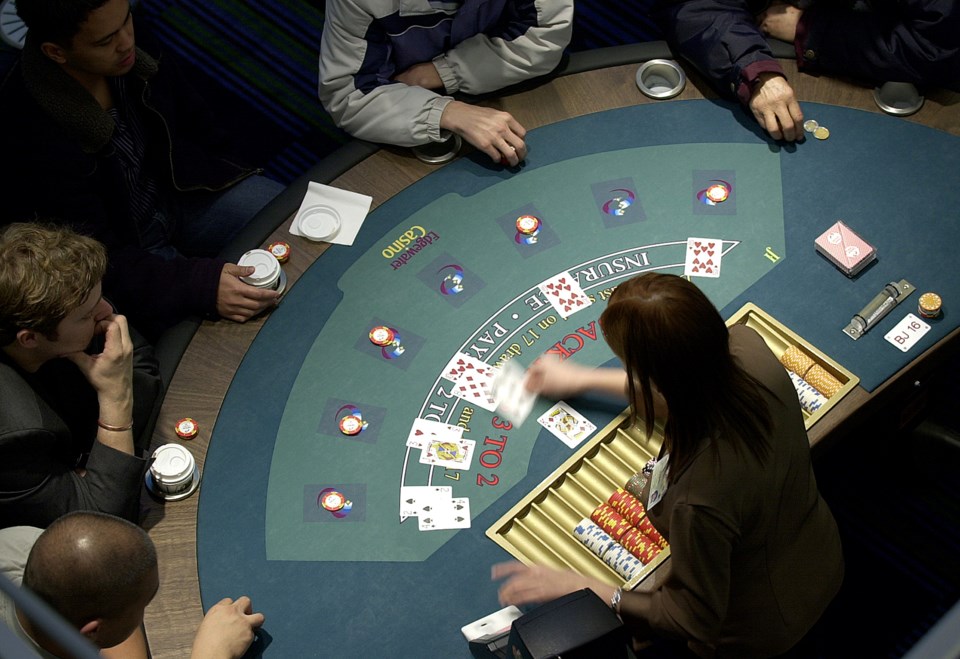Question: What does the Edgewater Casino and sex trade workers have in common?
“Whoa,” you’re probably thinking, “where’s he going with this one?”
Or, maybe you already know the answer.
I found the answer in a city staff report that went to council in December. That’s when council approved three grants to support the Missing Women Commission of Inquiry recommendations and priorities outlined by a city task force report on sex work and sexual exploitation.
Guess where the money is coming from for the grants?
You guessed it — Edgewater.
As I’ve previously reported, the city collects a fair chunk of change from the casino located at the former Plaza of Nations site. And some of the money is dropped specifically into what the city refers to as the Edgewater Social Responsibility Reserve.
The city will take $100,600 from that fund and distribute the money to three organizations. They are:
• Battered Women’s Support Services, which will receive $35,000 to “create a service delivery model to support individuals engaged in sex work to transition to alternative employment and life options.”
• Vancouver School Board, which will receive $30,000 to “create child and youth sexual exploitation prevention resources for non-profit service providers and teachers” in the city.
• PLEA Community Services of B.C., which will receive $35,600 to “build capacity on non-profit service providers working with children and youth at risk of sexual exploitation to provide outreach services online.”
Edgewater, in case you haven’t heard, is planning to shut down its casino at the former Plaza of Nations property and build a big new one across the street, adjacent to B.C. Place Stadium.
The casino, which will be spread over two floors, will be the main feature of a $535 million complex that will include hotels of 15 and 25 storeys, a conference centre, five restaurants, a gym, a spa and five levels of underground parking.
Currently, the city collects $200,000 annually from Edgewater for the fund, which it has used to give grants to a variety of non-profits, including the Vancouver Area Network of Drug Users to hire a coordinator for a Downtown Eastside street market, the Strathcona Community Centre Association to expand its food programs and the Pivot Legal Society to help pay for its annual Hope in Shadows calendar.
Hastings Racecourse, which is Vancouver’s only other casino, also gives $100,000 a year to the city for a “legacy fund.” The money has been used to fund non-profits such as Kiwassa Neighbourhood House for projects including community festivals and gardens.
The funds from Edgewater and Hastings are not to be confused with the millions of dollars it gives to the city, as per a formula set by the B.C. Lotteries Corporation. The corporation says the facilities are required to turn over 10 per cent of their profits to the city.
The city began collecting money from casinos in 1999, when there were a half dozen, or so in the city. Edgewater and Hastings, however, are the only ones with slots.
When I checked in January 2011, the city had collected $59.2 million in casino profits. Apparently, the profits are used annually to offset costs in the city’s operating budget, including departments such as police, fire services and parks.
So here’s another question: Is the City of Vancouver addicted to gambling?
Heck, I don’t know — I’m just giving you the facts, here.
twitter.com/howellings



